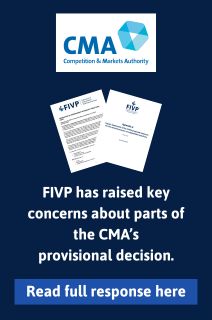
The basics
Before you attend your interview, make sure that you have prepared well. Visit the practice website, and pay attention to the services they provide, their current team, and any stories they may have shared.
You should also be prepared to ask the interviewer questions back. Don’t hesitate to ask them any questions that you think of throughout the process, as this can prove you are enthusiastic about the role.
The whole experience is an interview, not just when you’re being asked questions, so stay polite and friendly throughout the day. Don’t let your nerves affect your conversation skills – try to maintain a reasonable amount of eye contact, use confident body language, and listen carefully to questions before answering them. Take care not to talk too much, but don’t be abrupt in your responses.
Your personality
The main benefit of an interview is that it allows the interviewer to know the candidate better, rather than as a name on a CV. This helps them consider how well you will work with your potential colleagues at the practice. There’s no trick to this, so just relax and be yourself.
One way an interviewer may use to get to know you is asking about a mistake you have made, and how you responded. This is not a way to trip you up – nobody is perfect. Be prepared to offer an anecdote which demonstrates your ability to handle mistakes in an appropriate and mature way, and describe what you learned from the experience.
Your veterinary abilities
There may also be some questions about your veterinary abilities. This is an opportunity to show the knowledge you’ve gathered so far, and your ambition to improve your veterinary skills.
Consider some aspects of veterinary care that you wish to learn more about, and demonstrate that you are keen to build your knowledge.
Your interpersonal skills
Clients are at the heart of an independent practice so you need to prove that you can show empathy with them, especially during trying times. This can refer to your ability to break bad news to a patient, but also means being supportive when they need to make difficult medical or financial decisions.
These examples don’t necessarily have to be from a veterinary background. Consider any situation where you have mediated a complex situation in an empathetic way, and try to apply it to a veterinary context.



